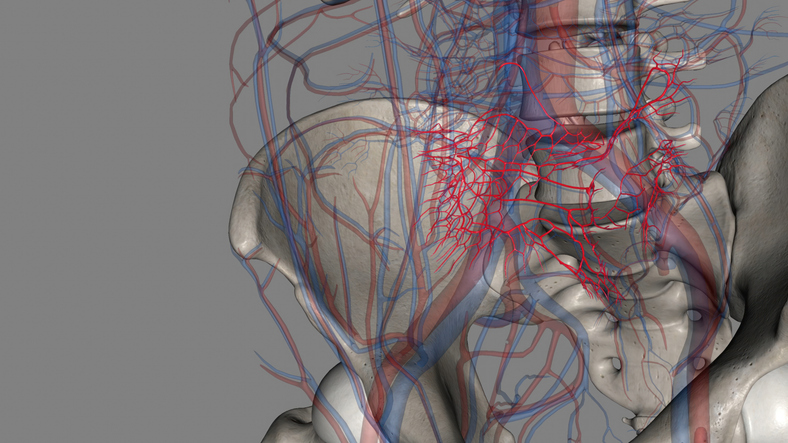
Researchers have turned to artificial intelligence to better understand premature multimorbidity outcomes in Canadian patients with inflammatory bowel disease (IBD), including Crohn disease and ulcerative colitis. What they found, according to research published in CMAJ, was that these individuals died prematurely, before age 75 years, which was the primary study outcome.
The researchers conducted a population-based, retrospective cohort study of 9,278 patients (49.3% women) with IBD who died between 2010 and 2020 in Ontario, Canada, using the Ontario Crohn’s and Colitis Cohort algorithms. The researchers then identified 17 chronic conditions present at age of IBD diagnosis using validated algorithms, including asthma, congestive heart failure, chronic obstructive pulmonary disease, diabetes, rheumatoid arthritis, hypertension, and dementia.
Chronic conditions without validated algorithms included myocardial infarction, osteoporosis, cardiac arrythmia, chronic coronary syndrome, stroke, renal failure, osteoarthritis and other arthritis (nonrheumatoid) types, mood disorders, and other mental health disorders. Cancer comorbidity was identified using the Ontario Cancer Registry.
Models were evaluated using accuracy, positive predictive value, sensitivity, F1 scores, area under the receiver operating curve (AUC), calibration plots, and explainability plots. The researchers used 3 supervised machine learning predictive tasks. Task 1 predicted premature death from conditions present at death. Task 2 predicted premature death from conditions developed by age 60 years. Task 3 predicted premature death from normalized age at diagnosis of early-life conditions (before age 60 years).
Of the 9,278 patients with IBD included in the study, 47.2% experienced premature death. The most prevalent conditions at age 60 years (Task 2) included osteoarthritis and other types of arthritis (39%), mood disorders (38.3%), and hypertension (29.5%). Per Task 1, the conditions with highest prevalence at death were osteoarthritis and other types of arthritis (76.8%), hypertension (72.8%), mood disorders (69%), renal failure (49.6%), and cancer (46.1%).
Of note, model performance improved when features included only conditions diagnosed before age 60 years. For Task 1, the “absence of chronic conditions, particularly those commonly developed later in life (e.g., dementia, chronic coronary syndrome, congestive heart failure) was leveraged by our model to predict premature death.”
By contrast, models for Tasks 2 and 3 identified a link between the presence of non-IBD chronic conditions and premature death. Specifically, for Task 3, key predictive features included younger age at diagnosis for mood disorders, osteoarthritis and other types of arthritis, mental health disorders, hypertension, and male sex. Non-IBD comorbidities displayed a strong predictive relationship with premature death (AUC, 0.81-0.95).
“We demonstrated that, among decedents with IBD, machine learning models can accurately predict premature death associated with non-IBD comorbidities, with stronger performance for models trained on early-life conditions (age ≤ 60 yr), suggesting these may be more important in determining one’s health trajectory,” the researchers concluded.
Reference
Postill G, Itanyi IU, Kuenzig E, et al. Machine learning prediction of premature death from multimorbidity among people with inflammatory bowel disease: a population-based retrospective cohort study. CMAJ. 2025;197(11):E286-E297. Published online March 24, 2025. doi:10.1503/cmaj.241117







 © 2025 Mashup Media, LLC, a Formedics Property. All Rights Reserved.
© 2025 Mashup Media, LLC, a Formedics Property. All Rights Reserved.